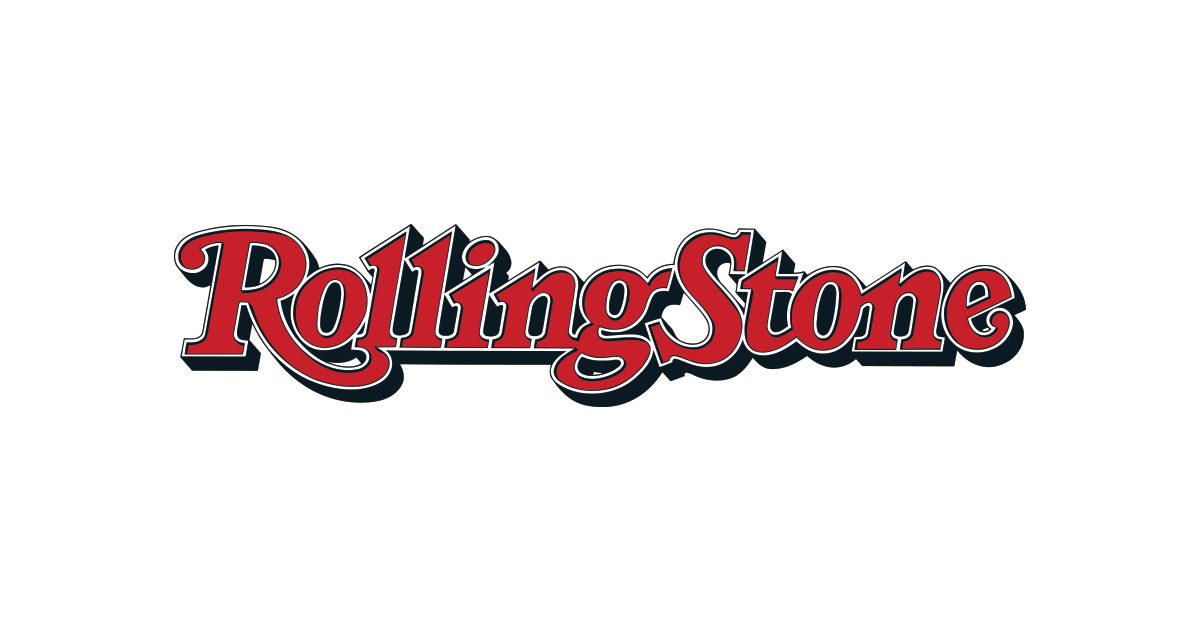The latest
The Rolling Stone case is particularly notable, as it marks one of the very few instances where a jury has decided a major publication rose to the level of actual malice. Here’s the key part of it, as described by T. Rees Shapiro of The Washington Post:
The jury ruled that Erdely acted with actual malice when she published two statements about Eramo, the first being that Eramo discouraged Jackie from reporting her allegations and a reference to Eramo’s “nonreaction” when Jackie first told Eramo about other allegations of gang rape at a fraternity. The jury’s finding means that they concluded Erdely knew the statements about Eramo were false — or had reason to doubt them and failed to investigate further — but published them anyway.
The jury also found that Erdely acted with actual malice in four statements she made in interviews after the article published. One of those statements came in an email to a Post reporter in response to questions about her reporting, in which Erdely wrote that Jackie came forward with her account “only to be met with indifference.”
Something that’s particularly interesting there is that this case wasn’t just about what Rolling Stone actually published, but also what Erdely said in interviews with other media outlets. Journalists should absolutely take that as a cautionary tale; any noteworthy story leads to swathes of interview requests these days, and comments in those interviews often don’t go through any editing process. It’s also notable that the jury concluded Erdely (at the least) had reason to doubt those statements and failed to investigate further. It’s not just about definite knowledge that a story isn’t accurate; having reason to doubt can be enough.
Meanwhile, the Gawker settlement is also noteworthy, as it means that we’ll never get to see their arguments play out on appeal. Gawker’s representatives insisted throughout the Hogan trial that they would be victorious on appeal, but as Ryan Mac and Matt Drange write at Forbes, it looks like they didn’t have the resources to take it that far:
Those left asking “what if” may be wondering of the private details behind the financing of Hogan’s lawsuit, which was secretly funded by billionaire investor Peter Thiel, or the First Amendment boundaries that could have been tested on appeal. Given the content of the 2012 article on Hogan’s sex tape that prompted the landmark lawsuit, a new trial would have allowed an appeals court to re-examine just how far a publication can go in defining what is newsworthy.
“There has always been a tension in the right to privacy and the First Amendment, and it’s not one of the First Amendment areas that have been explored well in court,” said Ken White, a Los Angeles-based lawyer and cofounder of the law blog Popehat. “I don’t think the [Florida] trial court did a particularly good job of that. It was mostly about revulsion at Gawker, a revulsion I frankly share, but not a serious exploration of the First Amendment issues.”
So, the Gawker case not going further means that there isn’t a clear First Amendment ruling on that subject, and Hogan’s success in that lawsuit (and the bankruptcy and sale of Gawker it led to) should definitely be in the minds of journalists. Neither of these cases is necessarily widely-applicable; Gawker’s publication of excerpts of a Hogan sex tape and Rolling Stone‘s publication of the wildly-erroneous story “Jackie” told are both cases substantially different from much of what else is out there. However, these cases show that journalists in the U.S. do need to worry about libel and invasion-of-privacy claims. It’s clear that those kinds of claims can cause major problems for American media outlets.








Comments are closed.